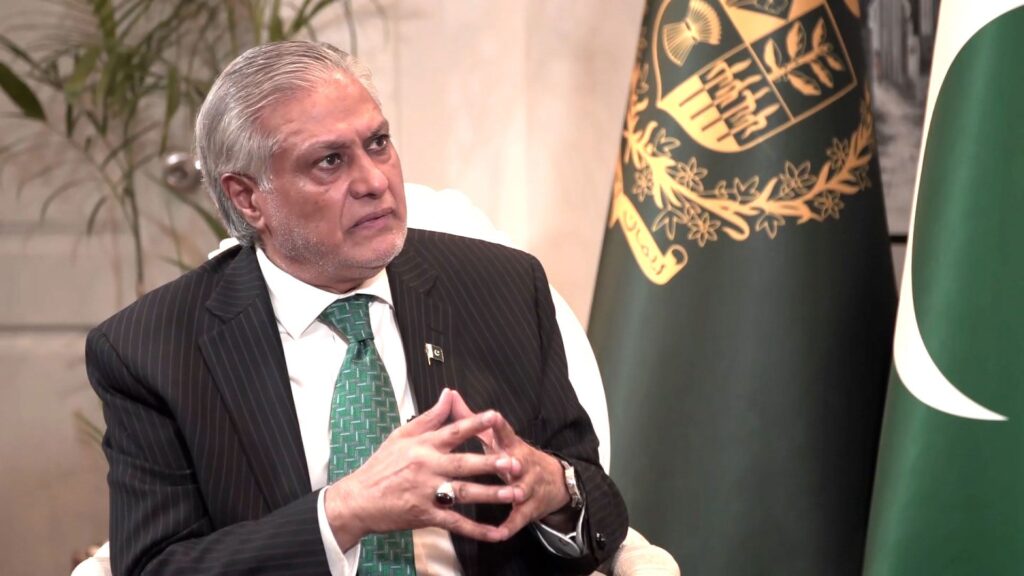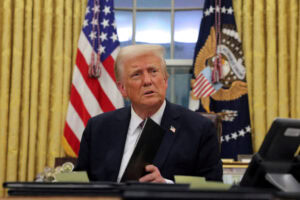Islamabad, May 13, 2025: Pakistan’s Deputy Prime Minister and Foreign Minister, Senator Ishaq Dar, has issued a stern warning that the fragile ceasefire between Pakistan and India could unravel if India fails to reinstate the Indus Waters Treaty, which it suspended amid heightened cross-border tensions.
In an exclusive interview with CNN, Ishaq Dar made it clear that Pakistan has no desire to engage in nuclear warfare.
He emphasized that the retaliatory actions taken by Islamabad on May 7 were purely in response to unprovoked Indian aggression, labeling it an attempt by New Delhi to assert dominance over the disputed region of Kashmir.
“We never considered the nuclear option,” Dar said firmly. “We believe our conventional military strength—both in the air and on the ground—is more than enough to repel any aggression.”
Referring to India’s military operation as a “war,” Dar criticized it as a misguided effort to expand influence over Kashmir.
He also highlighted that while a ceasefire is currently holding, it remains vulnerable due to the lack of comprehensive dialogue between the two neighbors.
Ceasefire Under Strain Over Water Dispute
Dar warned that India’s unilateral move to halt its commitments under the Indus Waters Treaty—a 1960 agreement brokered by the World Bank—could have dire consequences.
“If the water issue is not resolved, this will be seen as an act of war,” he cautioned.
The Indus Waters Treaty, which governs the distribution of vital rivers shared by the two countries, has been a cornerstone of peace despite decades of political tensions.
Experts believe India’s suspension could trigger environmental, economic, and security challenges for Pakistan, which relies heavily on these waters for agriculture and electricity.
Read More: Trump Offers U.S. Help to Pakistan and India Following Ceasefire
Behind the Ceasefire: U.S. Mediation
Contradicting Indian claims of direct communication, Dar revealed that there were no official talks between Indian and Pakistani military officials before the ceasefire.
Instead, he credited U.S. Secretary of State Marco Rubio for playing a crucial role in de-escalating tensions. “It was the U.S. that conveyed India’s willingness to halt hostilities,” Dar said.
He further praised President Donald Trump’s public support for Pakistan’s efforts to combat terrorism and bring stability to the region.
“If the U.S. didn’t trust us, they wouldn’t have cooperated at this level,” he added, referring to Trump’s tweet about resolving the Kashmir conflict.
Kashmir Still at the Heart of Regional Unrest
Dar reiterated that Kashmir remains the core issue fueling instability between the two nuclear-armed neighbors.
He renewed Pakistan’s call for the Kashmiri people’s right to self-determination and firmly rejected any Pakistani involvement in the recent Pahalgam attack, reaffirming Pakistan’s stance against terrorism in all forms.









